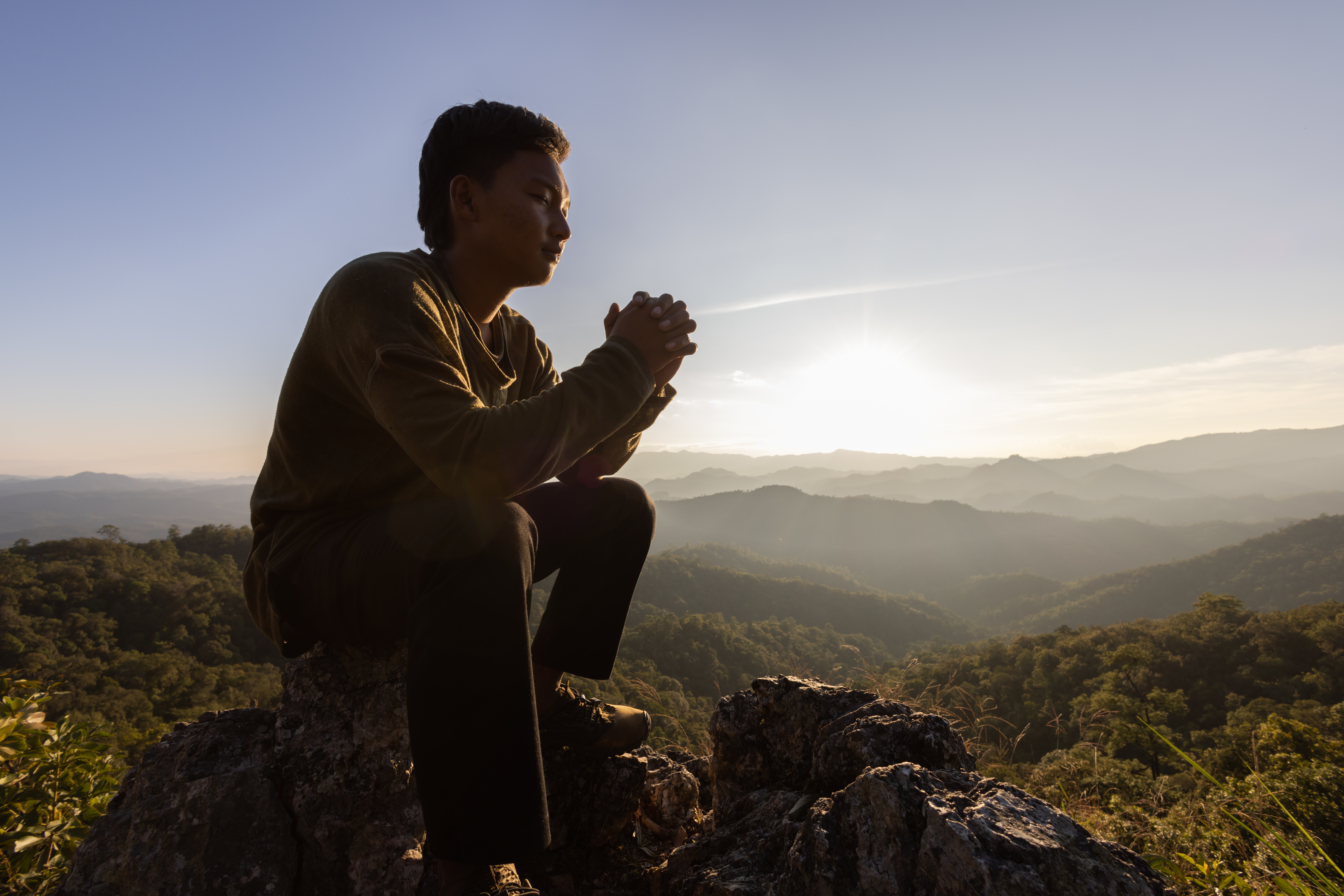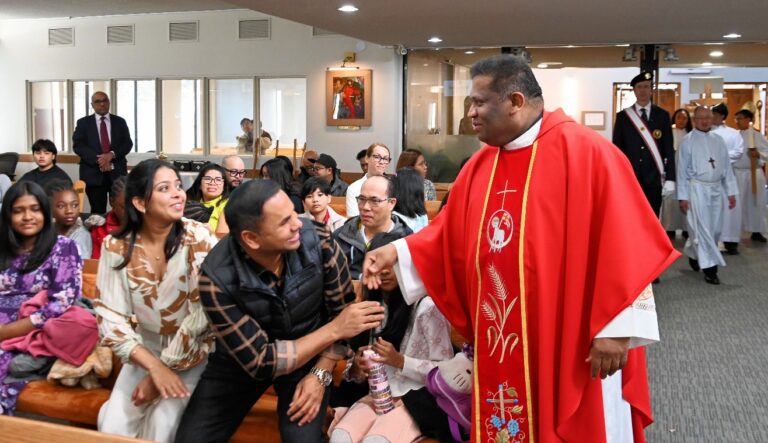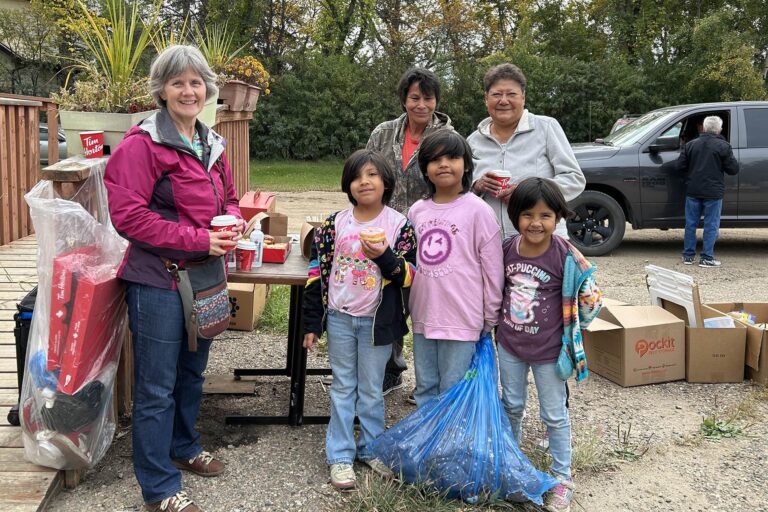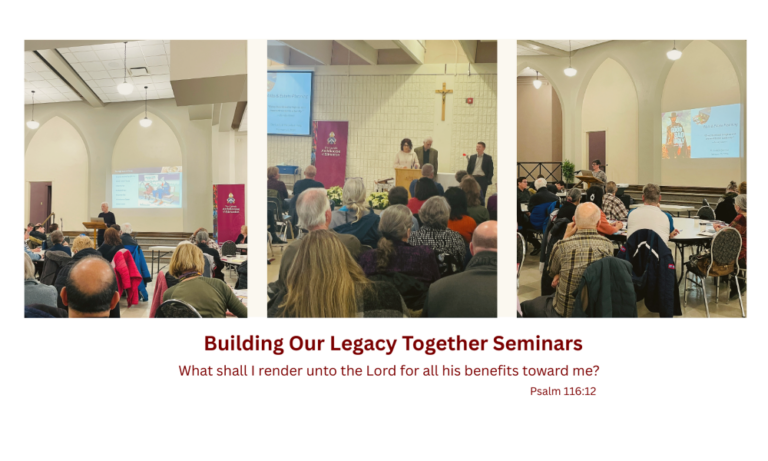If something is important enough to us, we make time for it. It is amazing (and a little maddening for my wife) how I can always find time during the hockey season to watch, listen to, follow on Twitter, and otherwise keep myself up to date with all the happenings of the Edmonton Oilers. When the Oilers went on their magical run to the Stanley Cup Finals 2006, I watched all or part of 22 of the 24 Oilers playoff games. I did this despite the fact I was working through the busiest seasons of youth ministry, we bought a house, painted and moved into it – and I did this alongside a wife who was six months pregnant. The Oilers mattered enough to me that I made room for them in my life.
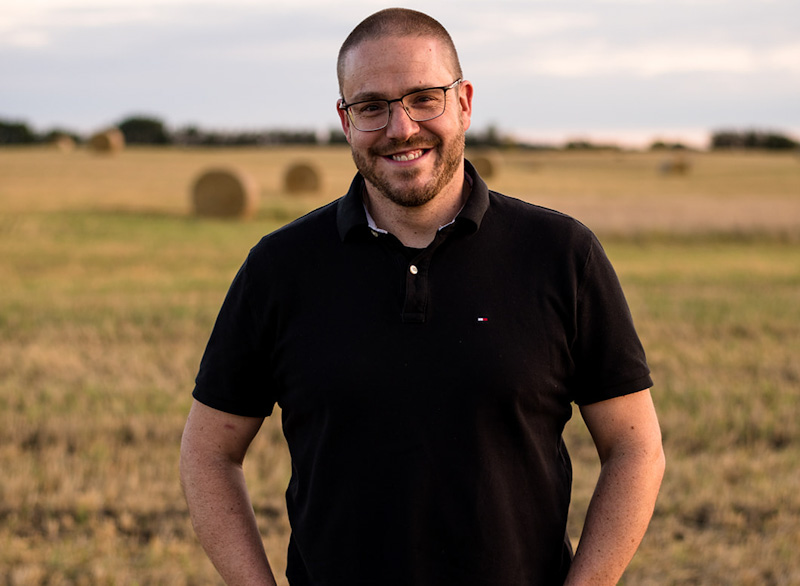
The same should be true with our life of prayer. If our desire to be closer to God really is important to us… we will carve moments for prayer into our day. This begins by making a concrete decision to pray every day, because we know we need to do it, and to do it consistently: “prayer thrives on faithfulness” (YouCat 490). St. Teresa of Calcutta says “if you are seeking God but do know how you should begin, learn to pray and make the effort to pray every day.”
This means if you have no habit of prayer at all, you could decide to offer a single Our Father every morning immediately after waking up. It might involve spending a few moments reading (and praying) with the Bible before you go to bed. It could mean meditating on a single mystery of the Rosary or incorporating a few minutes of silence into your prayer, asking God “what do you want to say to me?” The key is to do something, knowing that God is paying attention to us and hears us:
“Someone who prays as a Christian steps at that moment out of himself and enters into an attitude of trusting faith in the one God and Lord; at the same time he places all his hope in God – that HE will hear, understand, and perfect him.” -YouCat 493
There are two things to keep in mind as we turn to God in prayer.
The first is that others have come before us seeking God and growth in prayer. The Bible is like a “wellspring of prayer” within which we find “the most beautiful and most powerful prayers of the Judeo-Christian world. Reciting these prayers unites us with millions of people from all times and all cultures who have prayed, but above all with Christ Himself, who is present in these prayers” (YouCat 491). We can also look to the saints who can teach us a lot about prayer: “Even during their earthly life, the saints prayed ardently, in a way that was contagious” (YouCat 497).
Both the story of Scripture and the history of the Church present us with many examples of people who have flourished in prayer: young and old, men and women, rich and poor, the learned and the ignorant, and so on. We should study the Bible and read the Lives of the Saints; learning from them all we can about God and about prayer and imitating them in the ways we are able.
The second is that that the power of prayer isn’t in the words we speak or our personal devotion, but is instead found in God who hears our prayers. We need the Holy Spirit when we pray: “Praying to God is only possible with God. It is not primarily our accomplishment that our prayer actually reaches God” (YouCat 496). St. Paul writes that “We do not know how to pray as we ought, but the Spirit himself intercedes for us in sighs too deep for words” (Romans 8:26). The Holy Spirit inspires us to pray, teaches us to pray, and carries our prayers to God.
When we learn to make it a priority, we discover great beauty in our life of prayer. We show up as we are, with our hopes and our needs; and God shows up meeting us in that moment to give us what we need. We open ourselves up to God and then allow Him, bit by bit, to change our hearts. Soren Kierkegaard explains that this is the result of prayer, that God “…changes the person who prays.”
We discover that “everything that happens, every encounter can become the occasion for prayer. For the more deeply we live in union with God, the deeper we understand the world around us” (YouCat 494). We grow from simply taking specific moments to pray – a habit we should never abandon – to a life of prayer, recognizing the presence of Christ both in others and working in our hearts every moment of the day.
-Mike Landry is Catholic Youth Camps director for the Archdiocese of Edmonton. He is also chaplain for Evergreen Catholic Schools, serving 10 schools west of Edmonton. Mike and his wife Jennifer live in Stony Plain with their five children.

